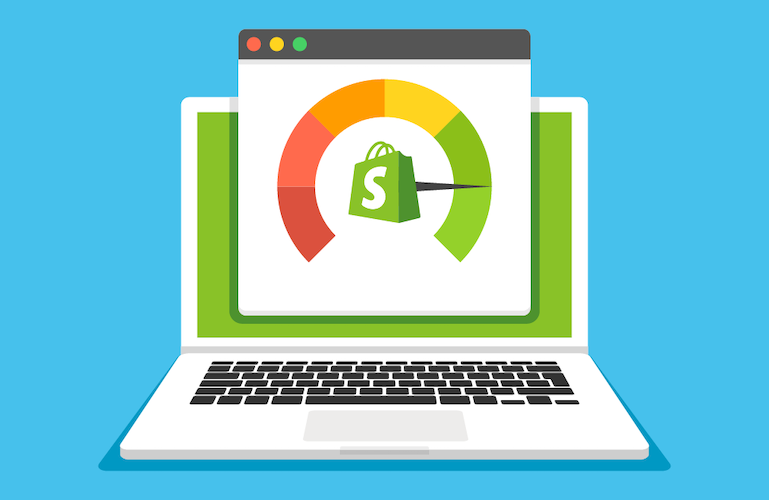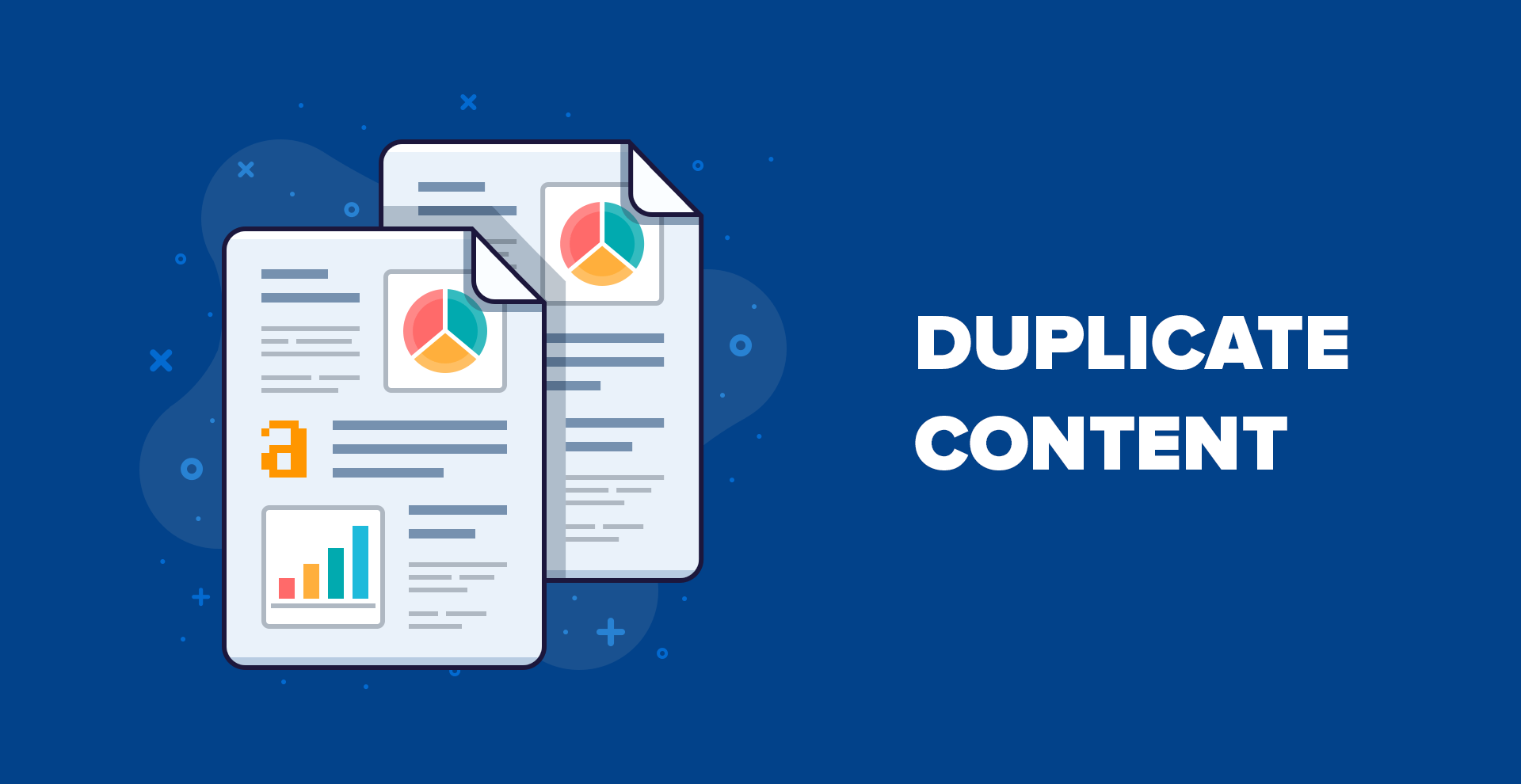In the world of eCommerce, having a strong online presence is essential to success. And for businesses looking to improve their online visibility and attract more organic traffic, optimizing their website for search engines is critical. This is where eCommerce platforms like Shopify come in – offering built-in SEO features designed to help businesses improve their search engine rankings and drive more traffic to their site. But is Shopify good for SEO? In this article, we explore the various SEO features offered by Shopify, as well as their advantages and limitations when it comes to optimizing for search engines. By the end of this article, you’ll have a better understanding of whether Shopify is the right choice for your business’s SEO needs.
Table of Contents
Overview of SEO
Search Engine Optimization (SEO) is the practice of optimizing a website to improve its visibility and ranking on search engine results pages (SERPs). The goal of SEO is to increase organic, non-paid traffic to a website by making it more attractive to search engines and their users.

SEO involves a variety of strategies and techniques, including:
- Keyword research: Identifying the most relevant and profitable keywords that people are searching for in relation to your business.
- On-page optimization: Optimizing the content and structure of a website to make it more attractive to search engines. This includes optimizing title tags, meta descriptions, header tags, and internal links.
- Off-page optimization: Building high-quality backlinks to a website from other reputable websites to improve its authority and ranking.
- Technical SEO: Optimizing the technical aspects of a website such as a site speed, and mobile responsiveness to improve its visibility and ranking.
- Content marketing: Creating high-quality, informative content that engages users and attracts links and social shares.
SEO is a constantly evolving field, with search engines updating their algorithms regularly to improve the quality of their search results. Therefore, it’s important for businesses to stay up-to-date with the latest trends and best practices in SEO to maintain their visibility and ranking in search results.
Is Shopify Good for SEO? Shopify’s SEO Features
Built-in SEO features
One of the key built-in SEO features of Shopify that answers the question Is Shopify Good for SEO? is the ability to customize title tags and meta descriptions for each page and product on your website. This is important because title tags and meta descriptions help search engines and users understand what your page is about and can improve your CTR on SERPs. By customizing these tags, businesses can make their pages more attractive to search engine users and increase the likelihood of them clicking through to their websites.

Another important built-in SEO feature of Shopify is header tags (H1, H2, H3, etc.). Shopify’s themes come with built-in header tags that help organize your content and make it easier for search engines to understand your page structure. This can improve your website’s ranking in search results and make it easier for users to find the information they’re looking for.
Shopify also provides alt tags for images, which provide alternative text descriptions for images on your website. This helps search engines understand what the image is about and improve your ranking in image search results. Alt tags also improve accessibility for visually impaired users who use screen readers to navigate the web.
SEO-friendly themes
Shopify offers a range of SEO-friendly themes that are designed to help businesses improve their search engine rankings and drive more traffic to their website. These themes are built to answer the question Is Shopify good for SEO best practices? in mind, making it easier for businesses to optimize their website and improve their visibility in SERPs.
One of the key features of Shopify’s SEO-friendly themes is their well-structured and organized layouts. These themes are designed to follow the best practices of on-page optimization, with clear header tags, optimized content areas, and user-friendly navigation. This makes it easier for search engines to crawl and index your website, improving your chances of ranking higher in search results.

Another important feature of Shopify’s SEO-friendly themes is their mobile responsiveness. These themes are optimized for viewing on mobile devices, which is important as more and more people are using their mobile devices to search the web. By providing a mobile-responsive website, businesses can improve their ranking in mobile search results and provide a better user experience for their customers.
Shopify’s SEO-friendly themes also offer a range of customization options, allowing businesses to optimize their website for their specific SEO strategy. This includes the ability to customize title tags, meta descriptions, and other on-page elements, as well as the option to add structured data markup to help search engines understand the content on your website.
App integrations for SEO
One of the most popular SEO apps on the Shopify App Store is the SEO Manager app, which allows businesses to optimize their website’s title tags, meta descriptions, and other on-page elements. This app also includes features such as bulk editing and keyword recommendations, making it easier for businesses to target the keywords that are most relevant to their audience and industry.
Another popular SEO app on the Shopify App Store is the JSON-LD for SEO app, which adds structured data markup to your website to help search engines understand the content on your pages. This can improve your chances of ranking in rich snippets, which are the highlighted search results that appear at the top of many search engine results on pages.

The SaaS also offers a range of other SEO apps and integrations, including apps for managing broken links. improving site speed, and analyzing website traffic. This helps to answer the question is Shopify good for SEO and speed? By integrating these apps into your Shopify store, you can improve your website’s SEO and achieve better results in search engine rankings.
Moreover, this platform provides integrations with popular marketing platforms such as Google Analytics and Google Search Console. These integrations allow businesses to track and analyze their website traffic, monitor their search engine rankings, and identify opportunities for improvement.
User-friendly URLs
User-friendly URLs are an important factor in SEO, as they help search engines and users understand the content of a web page. Shopify’s SEO features include the ability to create user-friendly URLs that are optimized for search engines and easy for users to read and remember.
By default, Shopify generates URLs based on the title of a product, collection, or page. This can lead to long and confusing URLs that are difficult for both search engines and users to understand. However, Shopify allows businesses to customize their URLs to make them more user-friendly and SEO-friendly.

When creating custom URLs in Shopify, businesses should aim to include their target keywords in the URL while keeping it concise and easy to read. This can help improve the relevance of the page in search engine results and make it easier for users to remember the URL and share it with others.
In addition to customizing URLs, Shopify also offers features such as canonical URLs and redirect management. Canonical URLs help prevent duplicate content issues by indicating to search engines which URL should be considered the primary version of a page. Redirect management allows businesses to redirect old URLs to new URLs, preserving the SEO value of the old page and preventing broken links.
Shopify SEO Audit
SEO audit involves a more in-depth evaluation of various aspects of your website’s SEO performance. This typically includes examining technical SEO elements like site structure, mobile optimization, page speed, and structured data. So to answer the question Is Shopify good for SEO audit, we can only tell you that while Shopify provides tools and features for some of these aspects, it may not offer the same level of customization and control as self-hosted solutions like WordPress.

For more advanced SEO audits and optimizations, many businesses choose to complement Shopify with third-party SEO tools and services. Tools such as Moz, SEMrush, or Ahrefs are popular choices for conducting in-depth SEO analyses. These tools offer robust features for keyword research, backlink analysis, competitor research, and comprehensive site audits. Using third-party SEO tools in conjunction with Shopify allows you to gain a more comprehensive understanding of your website’s SEO performance. You can identify areas for improvement, track keyword rankings, and monitor the effectiveness of your SEO efforts over time. These tools often provide actionable recommendations and insights that can help you fine-tune your SEO strategy and improve your search engine rankings.
Advantages of Using Shopify for SEO
Simplifies SEO for beginners
To find the answer to the question Is Shopify good for SEO, let’s investigate its advantages in terms of SEO. Shopify’s built-in SEO features and user-friendly interface make it easy for businesses to optimize their website for search engines, even if they have little to no experience with SEO.
Shopify’s SEO features include customizable title tags, meta descriptions, and URLs, as well as the ability to add alt text to images, create sitemaps, and integrate with Google Analytics and other SEO tools. These features are designed to follow the Is Shopify good for SEO best practice? mindset for on-page optimization, making it easier for businesses to improve their search engine rankings and drive more traffic to their website.

In addition, the SaaS also offers a range of resources and guides to help businesses learn about SEO and improve their website’s search engine rankings. This includes articles and tutorials on topics such as keyword research, on-page optimization, and link building, as well as access to a community of SEO experts and professionals.
Mobile-responsive design
Shopify’s themes are designed to be mobile-responsive, meaning that they automatically adjust to the screen size of the device being used to access the website. This makes it easy for businesses to create a website that looks great on desktops, tablets, and smartphones, without the need for additional development or customization.
Having a mobile-responsive website is not only important for SEO, but it also provides a better user experience for customers. A website that is optimized for mobile devices is faster, easier to navigate, and more likely to convert visitors into customers. This can lead to increased sales and revenue for businesses that use Shopify.

In addition to its mobile-responsive design, Shopify also offers a range of mobile apps that allow businesses to manage their website, track their analytics, and stay connected with their customers on the go. By providing businesses with the tools and resources they need to succeed in the mobile age, Shopify helps businesses achieve their SEO goals and reach a wider audience of mobile users. This helps you to decide if you are considering Is Shopify good for SEO best practices?
Fast page speed
Shopify’s servers are optimized for speed and reliability, which means that websites built on the platform generally load quickly. Additionally, Shopify offers a range of tools and features to help businesses optimize their website’s page speed, such as automatic image optimization, content delivery networks (CDNs), and caching.

By ensuring fast page speed, Shopify answers businesses’ questions: Is Shopify good for SEO and speed? This helps businesses improve their search engine rankings, as well as provide a better user experience for their customers. Fast-loading websites are more likely to rank higher in search engine results, as well as keep visitors on the website for longer periods of time and reduce bounce rates.
SSL certificate
Shopify provides SSL certificates for all websites built on the platform, ensuring that businesses can provide a secure and safe shopping experience for their customers. Shopify’s SSL certificates are automatically renewed, and businesses do not need to worry about the technical details of SSL implementation.
By providing SSL certificates for all websites built on the platform, Shopify helps businesses improve their search engine rankings and provide a secure shopping experience for their customers. This can lead to increased trust, higher customer satisfaction, and ultimately, increased sales and revenue for businesses that use Shopify.

In addition to its SSL certificate, Shopify also offers a range of security features and tools to help businesses protect their website and their customer’s data. This includes 24/7 monitoring, fraud analysis, and automatic backups, among others.
Limitations and best practices of Shopify for SEO
Limited customization options
One limitation of using Shopify for SEO is that the platform has limited customization options compared to other content management systems (CMS) or website builders. While Shopify provides a wide range of themes and templates that businesses can use to build their website, these themes are often limited in terms of design and functionality.
For businesses with unique branding or design requirements, the limited customization options of Shopify can be a drawback. While it is possible to customize Shopify themes to some extent, this often requires technical skills and knowledge of HTML, CSS, and JavaScript. Additionally, some advanced customization options may require the use of third-party apps or plugins, which can be costly and add complexity to the website.

Limited customization options can also impact SEO performance. SEO optimization often requires custom code and design tweaks to improve website speed, navigation, and content structure. With limited customization options, businesses may struggle to implement advanced SEO techniques and achieve the desired SEO results. However, there are solutions for this. As a Shopify Partner, Magenest can help you with the limited customization problems of your store and answer the question Is Shopify good for SEO audit? for you.
Limited control over technical SEO
While Shopify provides built-in SEO features that can help businesses optimize their website, the platform has limited control over technical SEO. For example, Shopify’s website architecture is built around a standardized URL structure, which may not be optimal for businesses with complex website structures or unique SEO requirements. Additionally, Shopify’s sitemap generator does not allow businesses to exclude or prioritize specific pages, which may impact how search engines crawl and index the website.
Another limitation of Shopify is that it does not allow businesses to access the server-side code, which may limit their ability to optimize technical SEO elements. While Shopify provides access to APIs and SDKs to extend the functionality of the platform, businesses may require technical expertise to optimize technical SEO elements effectively. With a team of 50+ certified Shopify experts, Magenest is committed to delivering elite eCommerce development for your businesses to thrive, which helps you answer the question: Is Shopify Good for SEO Best Practices?
Duplicate content issues
One limitation of using Shopify for SEO is the potential for duplicate content issues. Duplicate content occurs when multiple pages on a website have the same or similar content. Duplicate content can harm a website’s search engine rankings because search engines may have difficulty determining which page to rank for a particular keyword.

Shopify’s built-in features can inadvertently create duplicate content issues. For example, some themes may include duplicate content in the form of product descriptions or other elements that appear on multiple pages. Additionally, Shopify automatically generates duplicate pages for different variants of a product, such as different sizes or colors.
Final Thought: Is Shopify Good for SEO?
When it comes to eCommerce and online businesses, having a strong online presence is crucial. This means that businesses need to optimize their website for search engines to attract more organic traffic and improve their search engine rankings. While there are various eCommerce platforms available, Shopify stands out as a platform that provides businesses with a range of built-in SEO features.
Compared to social media platforms like Facebook or Twitter, Shopify offers businesses greater control over their website’s structure, metadata, and content to optimize for specific keywords. Social media profiles and posts may appear in search results, but their impact on SEO is limited. By contrast, Shopify’s customizable URL structure, mobile-responsive design, fast page speed, and SSL certificate can all have a positive impact on a website’s search engine rankings.

Wix, on the other hand, does offer some SEO capabilities but may not be as strong as Shopify’s. Wix’s SEO features are limited in terms of URL structure and metadata customization, and its page speed may be slower than Shopify’s. While Wix does offer some built-in SEO tools and features, Shopify’s features are generally considered more robust and customizable.
Shopify’s built-in SEO features include the ability to customize URL structure, meta descriptions, title tags, and image alt tags. It also offers features like canonical tags, sitemaps, and the ability to edit robots.txt files to prevent duplicate content issues. Additionally, Shopify offers integration with popular SEO apps, such as Yoast and SEMrush, to enhance its SEO capabilities further.
In general, Shopify is a powerful eCommerce platform that provides businesses with a range of built-in SEO features. While there are some limitations to consider, such as limited control over technical SEO and potential duplicate content issues, Shopify offers businesses greater control over their website’s structure, metadata, and content to optimize for specific keywords. Compared to social media platforms and Wix, Shopify is generally considered a stronger option for businesses looking to improve their SEO efforts.
In conclusion,
Shopify is a powerful eCommerce platform that provides businesses with a range of built-in SEO features to help them optimize their website for search engines. From customizable URL structures to user-friendly mobile-responsive designs, Shopify offers a range of tools that can positively impact a website’s search engine rankings and attract more organic traffic. So is Shopify good for SEO? While there are some limitations to consider, such as limited control over technical SEO and potential duplicate content issues, overall, Shopify is a strong option for businesses looking to improve their SEO efforts. By leveraging Shopify’s built-in SEO features and best practices, businesses can enhance their online visibility and drive more traffic to their site, ultimately leading to increased sales and revenue.
Magenest assists you in optimizing your stores to achieve the highest possible SEO rankings and conversion rates if you want to improve the SEO rankings for your Shopify stores. You can reach one of our Shopify specialists with just one message.











